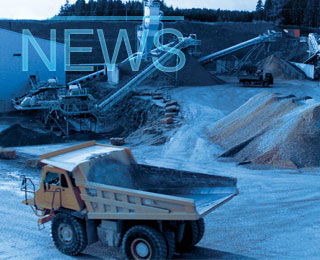China is yet again ratcheting up its attempts to curb investment in heavy industries such as steel, aluminium and cement, this time by banning construction of new plants and restricting expansion of existing ones. Plainly worried that overinvestment in targeted industries will spread into the whole economy and intensify inflationary pressure, the government has been attempting for more than six months without notable success, to restrict overproduction. Those attempts have included a variety of means including seeking to dry up bank lending. However, despite these measures, industrial production still rocketed upwards by 16 per cent year-on-year in February after adjusting for the distortion caused by the January lunar new year holiday.
Nonetheless, the State Development and Reform Commission recently announced that no investment will be allowed in iron and steel firms, be they joint ventures or wholly-owned without pre-approval from the State Council. The latest round of restrictions has already drawn criticism from industry figures and some academics, who are complaining that the cutbacks could force up prices of heavy industrial items because of the economy’s need for raw materials. However, the development and reform commission said in a government release: If necessary, the construction of steel or iron plants must meet the [market] entry requirement. This means investors must provide sufficient evidence and a feasibility study before making an application to the State Council for consideration.
Ma Kai, the minister in charge of the commission, said last week that investment in steel, aluminium and cement production skyrocketed by 96.6 per cent, 92.9 per cent and 121.9 per cent respectively last year from 2002. Terence Chong, associate professor of the department of economics of the Chinese University, believed the measures launched by the commission would effectively rein in the blind expansion of the industries.
